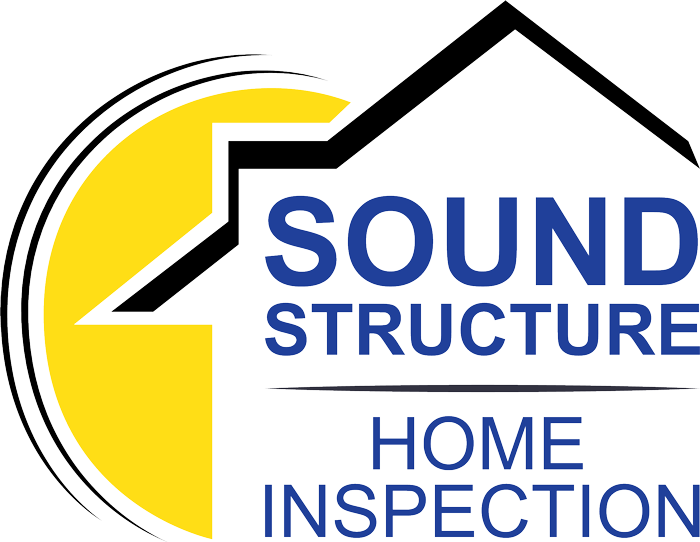That Was My Bad: Common Mistakes Buyers Make
We all make mistakes. Whether it be something as minuscule as picking up the wrong type of ketchup to something as massive as putting in the wrong coordinates for a nuclear missile. No matter how big it is, it’s only human nature to make a mistake from time to time. But some mistakes cost more than others, and when it comes to home inspections, mistakes can cost you a fortune.
It’s no secret that housing is a lucrative and necessary business, especially when it comes to flipping a house. While it can be easy to make a profit when it comes to purchasing a home, there is an assortment of moving pieces that need to be taken care of before you even see the check. One of these necessities comes in the form of a home inspection. What may seem like a simple inspection from the outside is actually a pretty in-depth and sometimes convoluted process. This makes it incredibly important to pay attention and be careful whenever paying for a home inspection. Here a few prominent mistakes that most homebuyers make when getting a home inspection.
Avoiding The Problem: Not Having A Home Inspection
Yes, this may be the obvious one, but you would be surprised how many homebuyers skip this step altogether and how much they end up paying for it. Most people even know that they need a home inspection but decide against it just to save a few dollars for their wallet. In the end, it would cost more to skip a home inspection, especially if the home has any glaring or obvious issues with its foundation. This usually results in more money being spent on the home being purchased, thus reducing your overall profits when flipping the home.
Cover Every Expense: Going Cheap For Your Home Inspection
There are a variety of home inspectors out there looking for work. These inspectors have a wide range of costs. Some can cost up to five-hundred dollars where some can go as low as one-hundred. While everyone likes to save a couple of bucks from their wallet, it is absolutely imperative that you cover every expense when it comes to your home inspection.
When it comes to your home inspection, you want the best possible service. This, unfortunately, results in a higher price. However, this price won’t compare to the amount of money you’ll spend if you get a poor home inspector who doesn’t know what they are doing. It’s better to spend more now and get what you need from your home inspection than to spend a fortune later down the road because you decided to be cheap with the inspection.
Can I Be Included?: Get Involved With The Inspection
Everyone knows that hands-on experience is the best way to learn. This is why it’s important to be about the home inspection to go over any concerns or questions that you home with the inspector. It’s important to know what exactly it is you’re paying for. This will also guide you if any changes or improvements need to be made to the home you are buying.




